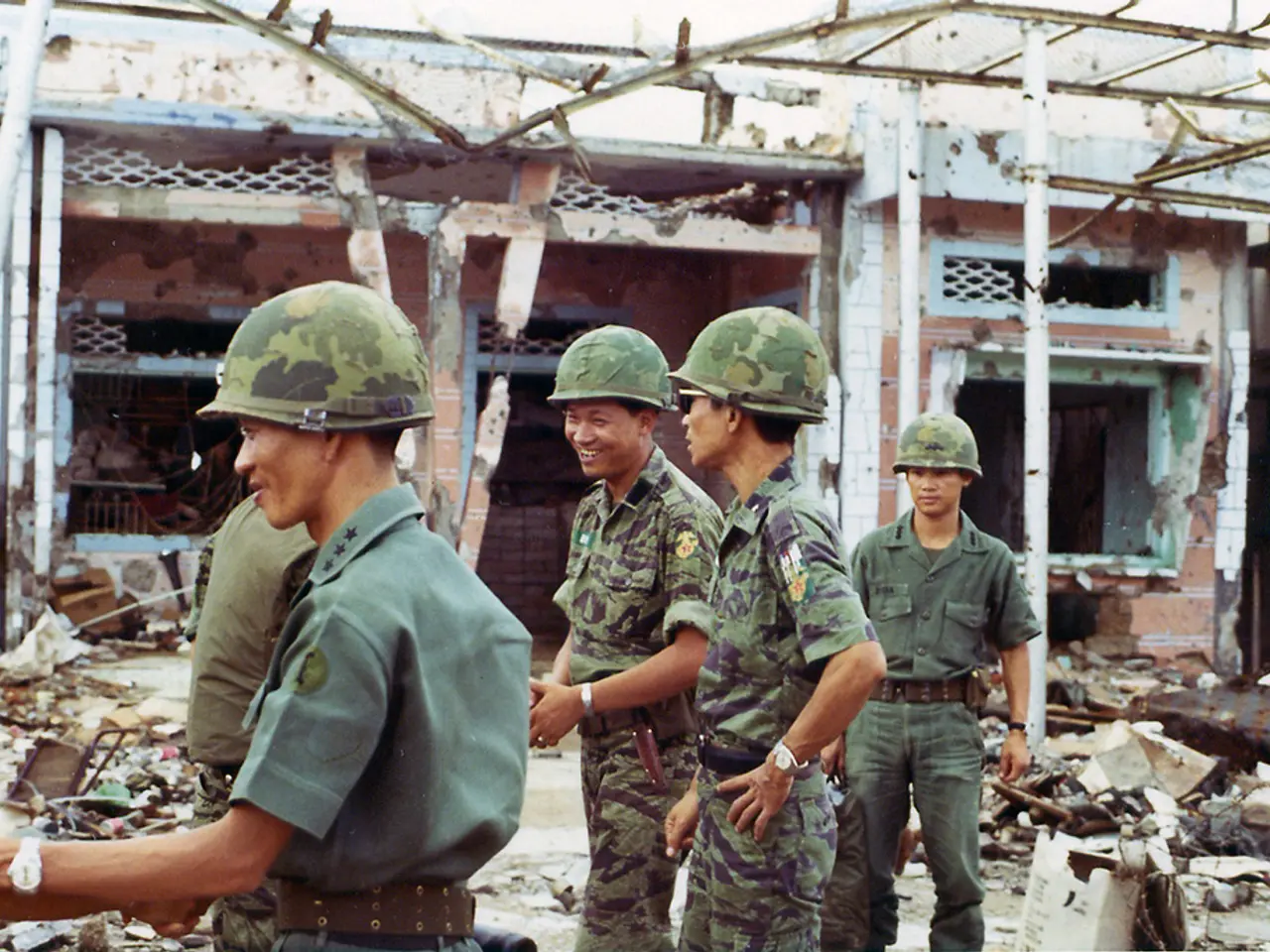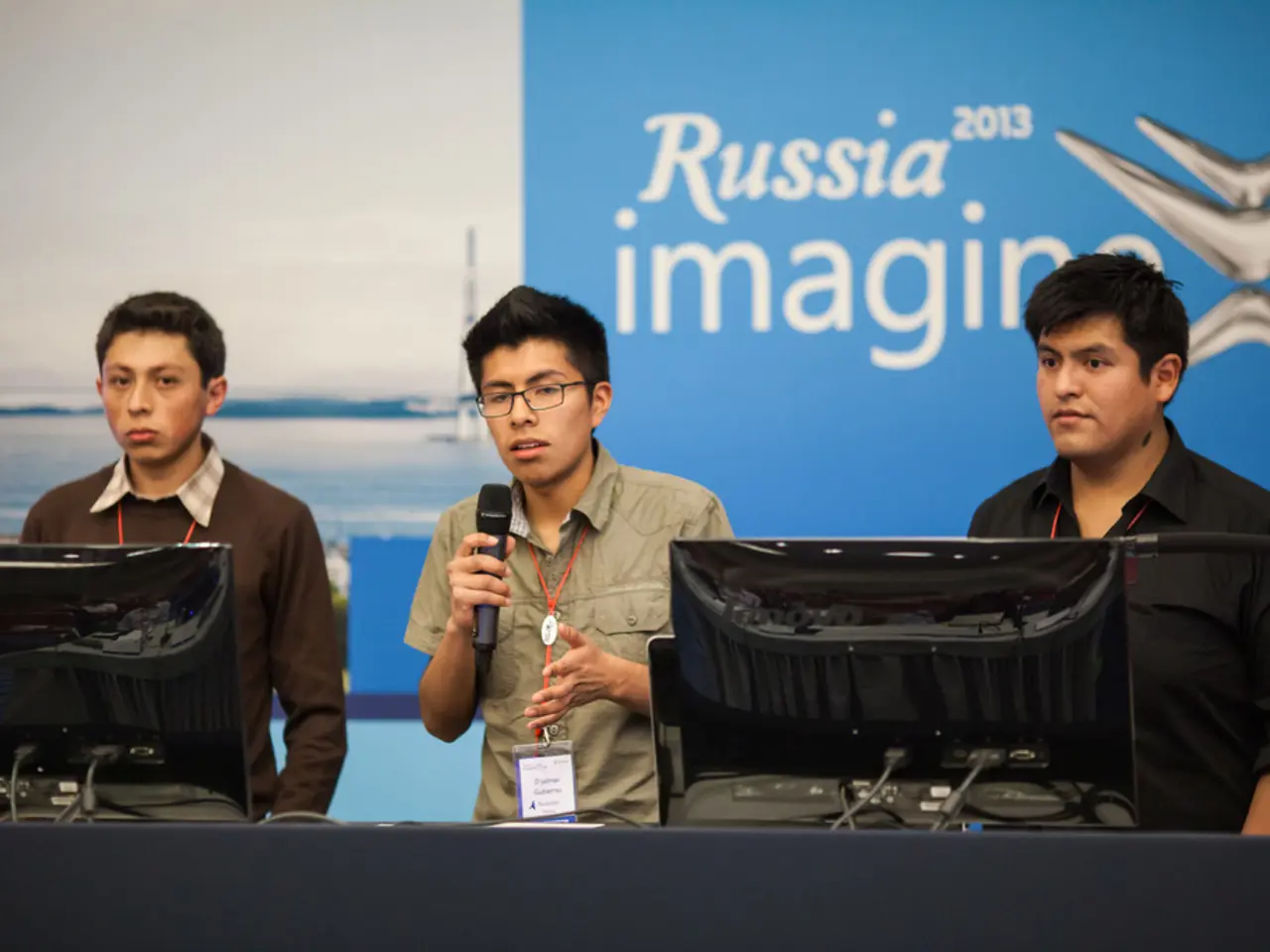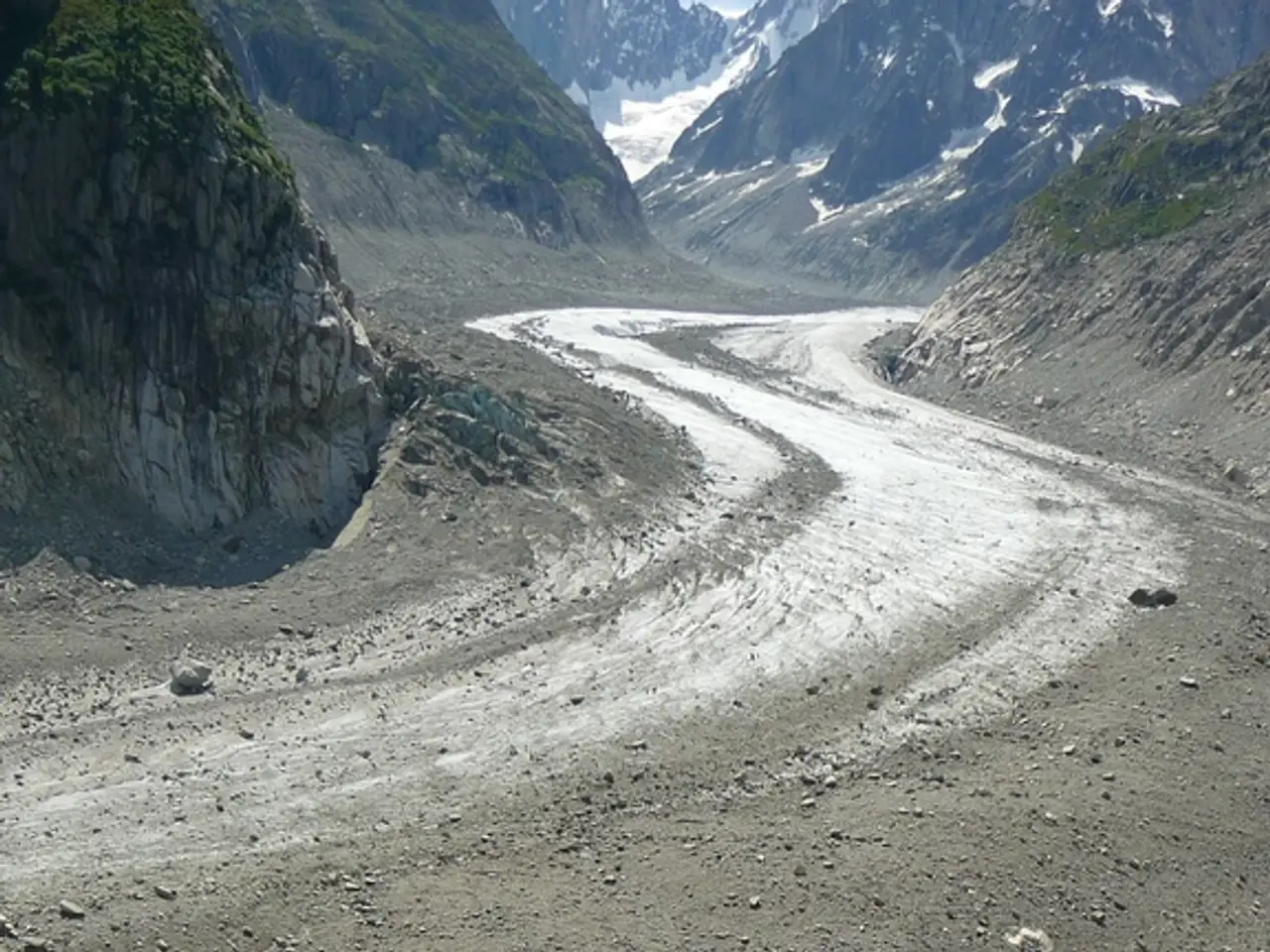Global outrage over Israeli air attacks in Damascus
Amidst ongoing tensions in Syria, the international community is calling for de-escalation and a focus on humanitarian concerns, with the United Nations taking a leading role in these efforts.
On July 16, 2025, the UN Chief, in a statement, urged the de-escalation of hostilities in Sweida, a region that has seen a combination of Syrian government intervention and Israeli airstrikes. This plea comes as a response to the potential impact on civilians caught in the conflict.
The UN has highlighted the severe humanitarian consequences of the conflict, with critical infrastructure such as water, electricity, and telecommunications being damaged. This damage creates additional risks for the civilian population, making it difficult for them to access essential services and shelter.
Access to affected areas remains highly constrained due to insecurity and road closures, preventing civilians from reaching shelters and humanitarian aid from being effectively delivered. In Sweida, medical supplies have been blocked, although some aid has reached neighboring Daraa.
The UN Humanitarian Coordinator in Syria has emphasized plans to carry out needs assessments and provide essential relief once safety allows. The priority, according to the coordinator, is to support overstretched medical services as hospitals approach full capacity.
International media reporting has noted that Israeli actions have displaced Syrian government forces from the Druze stronghold of Sweida, intensifying the complex military dynamics on the ground.
In summary, the international community, led by the UN, is focusing on urging an end to violence, ensuring humanitarian access, and addressing the plight of civilians amid the Israeli military operations and the broader conflict in Sweida province. The UN's efforts aim to provide essential aid, support medical services, and ultimately bring peace and stability to the region.
1) Ankara, as a key player in the region, has expressed concern over the situation in Sweida, urging the Turkish government to maintain dialogue with the European Union regarding the crisis.
2) Meanwhile, the Turkish lira has weakened due to mounting global concerns about the war-and-conflicts in Syria and the political instability they bring, affecting general-news and crime-and-justice headlines in Turkish newspapers.
3) Amid the recent events in Sweida, the Turkish Red Crescent, a Turkish humanitarian organization, has announced plans to provide emergency aid to Syrian refugees in border camps, focusing on food, shelter, and medicines.
4) The US State Department has called on Turkey to use its influence in the region to promote a peaceful solution in Syria, emphasizing the need for diplomacy and de-escalation in Ankara's relations with the Syrian government.
5) As the conflict in Syria continues, the Turkish government remains actively involved in diplomatic efforts to negotiate a ceasefire, prioritizing the protection of civilian lives and the stability of the region.








